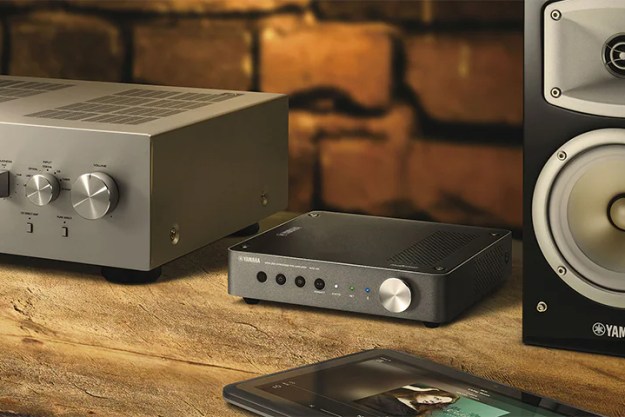
G Major and C Major rule all other keys. At least that’s what analysis of Spotify’s mountains of music listening data suggests, according to analyst Kenny Ning. The analyst took a deep look at Spotify’s massive user base of 60 million listeners to find his results.
Within Western music, there are 12 basic musical tones, and each tone can represent both a major and a relative minor key, making 24 common keys available. Major keys are usually associated with happier emotions, while minor keys are often associated with sadness.
Spotify’s library has 30 million songs, and Ning claims his data includes analysis of every track to determine which keys are most popular on the service. Out of all keys available, G Major accounted for 10.7 percent of songs, while C Major made up a slightly fewer mass with 10.2 percent.
The initial takeaway from the data seems to suggest that people care for major keys, i.e. happier sounding tunes, more than minor keys on the whole.
As for why G Major and C Major dominate, Ning has a pretty simple theory that should ring true to anyone who’s played around on a guitar or piano.
“With regard to Western contemporary music (which dominates our catalog), instrumentation is largely based around guitar, piano, or both,” said Ning in his blog post. “So, the hypothesis here is that the key signature should be a convenient key for both guitar and piano.”
Musicians, (especially pop musicians) are likely to compose music in easier keys. And since most Western music is composed on either piano or guitar, musicians are most likely to play in the key of G which is convenient for both guitar and piano. As for C Major, the key is by leaps and bounds the easiest to play on a piano (no black keys), making it pop-song writer’s paradise when it comes to convenient piano composition.
Meanwhile, some keys that might be easy to play on one instrument, aren’t so easy on the other, ruling them out as an overall winner. Ning notes, for instance, that while E is convenient for guitar, it’s not so easy to play on piano (lots of those tricky black keys).
In short, popular songs are typically happy and in relatively easy to play keys. Ning does make sure to note that creating music is not all about the key signature, though. “It’s no surprise that songwriters would write their chords so they could focus their energy on more important things… melody and lyrics.”
And hey, let’s not forget rhythm either.
Editors' Recommendations
- Tidal vs. Spotify: Which music streaming service has the features you need?
- Spotify’s new AI Playlist feature uses text prompts to curate playlists
- Spotify’s Song Psychic feature is like a Magic 8 Ball for music
- Spotify just made live music a little bit better
- How much is Spotify Premium, and can you get it for free?


